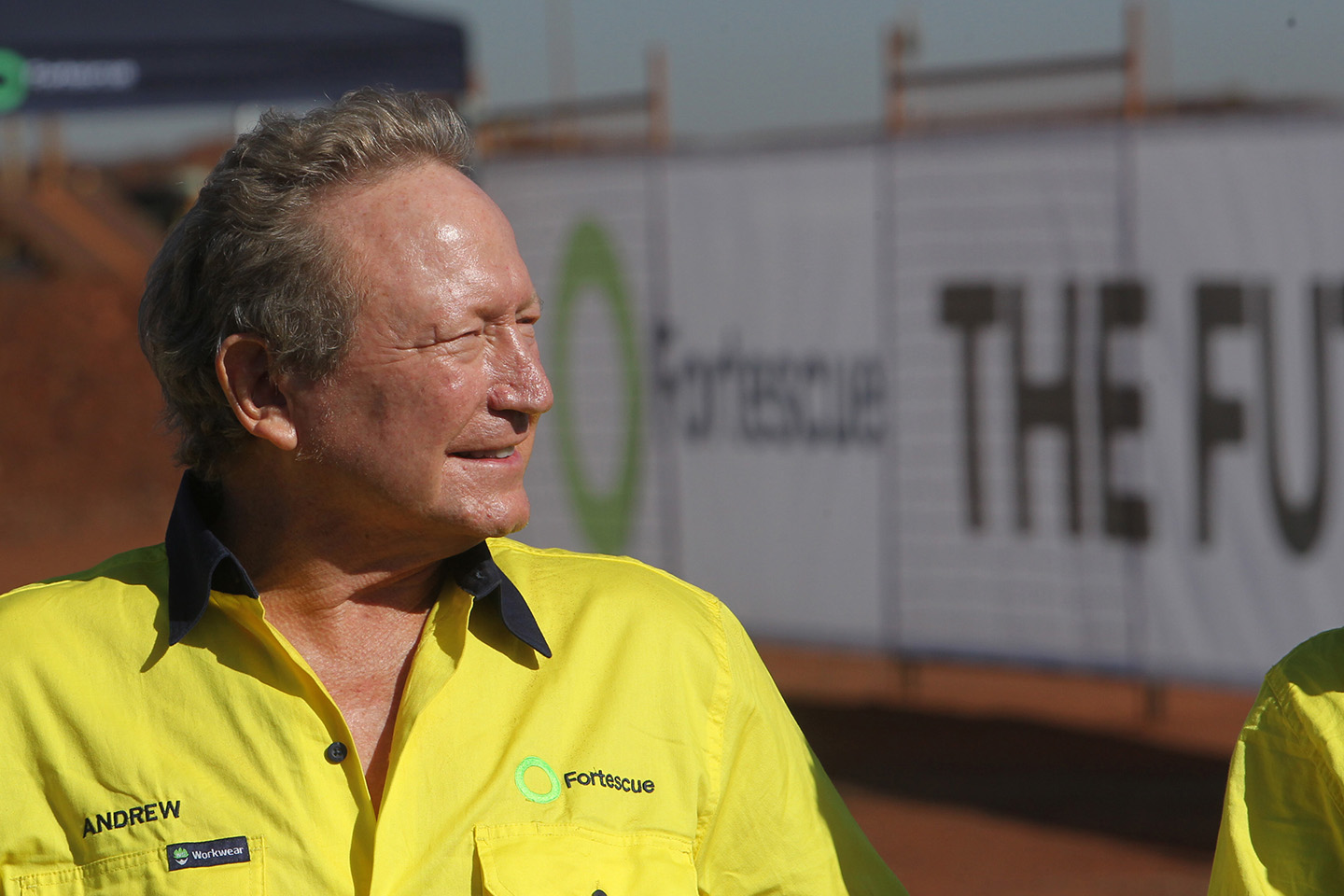Russia-Ukraine war has driven demand for Nigeria’s urea, pushing up export of the product by 169.7 percent in the nine months of 2024.
Data from the National Bureau of Statistics (NBS) show that Nigeria’s urea export stood at N708.9 billion between January and September 2024, up from N262.8 billion reported in the same period of 2023.
Matthew Ilegbedion, an agricultural finance analyst, attributed the export growth to the Russia-Ukraine war which created temporary scarcity and an opportunity for Nigeria’s urea/fertiliser to sell.
Read also: Ukraine launches US-donated missiles into Russia, triggers possible escalation
He said another reason for the development could be an increase in Nigeria’s fertiliser production capacity. According to the data seen on Dangote Fertiliser Limited’s website, the company has an annual production capacity of three million metric tonnes.
Operations at Dangote’s fertiliser plant started in 2021 for Line 1 and in 2022 for Line 2.
Fitch had forecast earlier that a 2022 utilisation rate of 32 percent was likely to increase to 72 percent by 2025 and 73 percent in 2026. The plant targets exports to the US, Mexico, Brazil, Europe and Africa.
Elvis Arthur, a trade finance and working capital specialist, ascribed the situation to the devaluation of the currency and the increased demand for fertilizers globally due to the ongoing Russia-Ukraine war.
As of the first half (H1) of 2023, the naira was exchanged for around N600 to the dollar. In the corresponding period of 2024, it had reached N1600/$.
Analysts say the Dangote Fertiliser plant has increased production capacity for Nigeria, attributing it to more export capacity.
“It would help alleviate some pressure on the foreign exchange market, as job creation and expanded production capacity would likely arise from the increased demand,” he said.
According to the NBS report, the top three destinations for Nigeria’s exports, based on the value, were Brazil, the United States, and Mexico, out of the 112 countries across the Americas, Asia, Europe and Oceania regions, and Africa.
Indorama-Eleme Fertilizer and Dangote Fertilisers benefit from higher prices as the plant experiences supply-side constraints amid rising demand.
However, data from the Nigerian Exchange Group disclosed that Notore Chemical Industries Plc didn’t report any revenue from outside the country in the nine months of 2024, with its total revenue standing at N598 million, from N12.7 billion reported in the same period of 2023.
Read also: Biden allows Ukraine to launch strikes inside Russia with US-supplied long-range missiles
The report disclosed that Notore’s revenue in urea fell to N206 million from N10.8 billion as the fertiliser plant underwent leadership changes under Thomas Etuh, founder of Tak Agro, in partnership with Theophilus Danjuma’s TY Holdings.
In the nine months of 2024, the NBS revealed that the total trade value of the raw materials sector stood at ₦2,018 trillion in the third quarter of 2024, of which imports were valued at ₦1.57 trillion while exports stood at ₦438.59 billion.
“The major raw material goods exported were ‘Urea whether or not in aqueous solution’ to Brazil valued at ₦173.96 billion. This was followed by exports of ‘Non-monetary Gold (including gold plated with platinum) in ‘Powder form’ to Switzerland valued at ₦42.57 billion,” the statistics agency said.
According to Sulaimon Ayilara, an export and agric finance officer, “Nigeria, as a major natural gas producer, has the raw materials required to produce urea cheaply and in large quantities. However, improved infrastructure and investment in gas supply for domestic industries likely facilitated this growth.”
He noted that the global agricultural sector has experienced an increase in demand for fertilizers, especially urea, due to the need for higher agricultural productivity to combat food shortages and increase yields.
“Disruptions in global urea supply chains, particularly due to geopolitical tensions (such as the Russia-Ukraine conflict) that have affected fertilizer exports from major players like Russia, have led many countries to seek alternative suppliers, including Nigeria,” he said.
He added that global prices of urea have also increased due to supply constraints.
The Nigerian government has been actively promoting non-oil exports as part of its efforts to diversify its economy. Incentives such as tax reliefs, ease of doing business initiatives and export promotion programmes have helped companies like Dangote Fertiliser and Notore Chemical to expand their markets internationally.
Read also: North Korea openly pledges to back Putin Russia war until victory
“Nigeria’s involvement in the African Continental Free Trade Area (AfCFTA) and other trade agreements might have created easier access to new export markets within Africa and beyond, facilitating increased trade volumes,” Ayilara added.








Leave a Comment